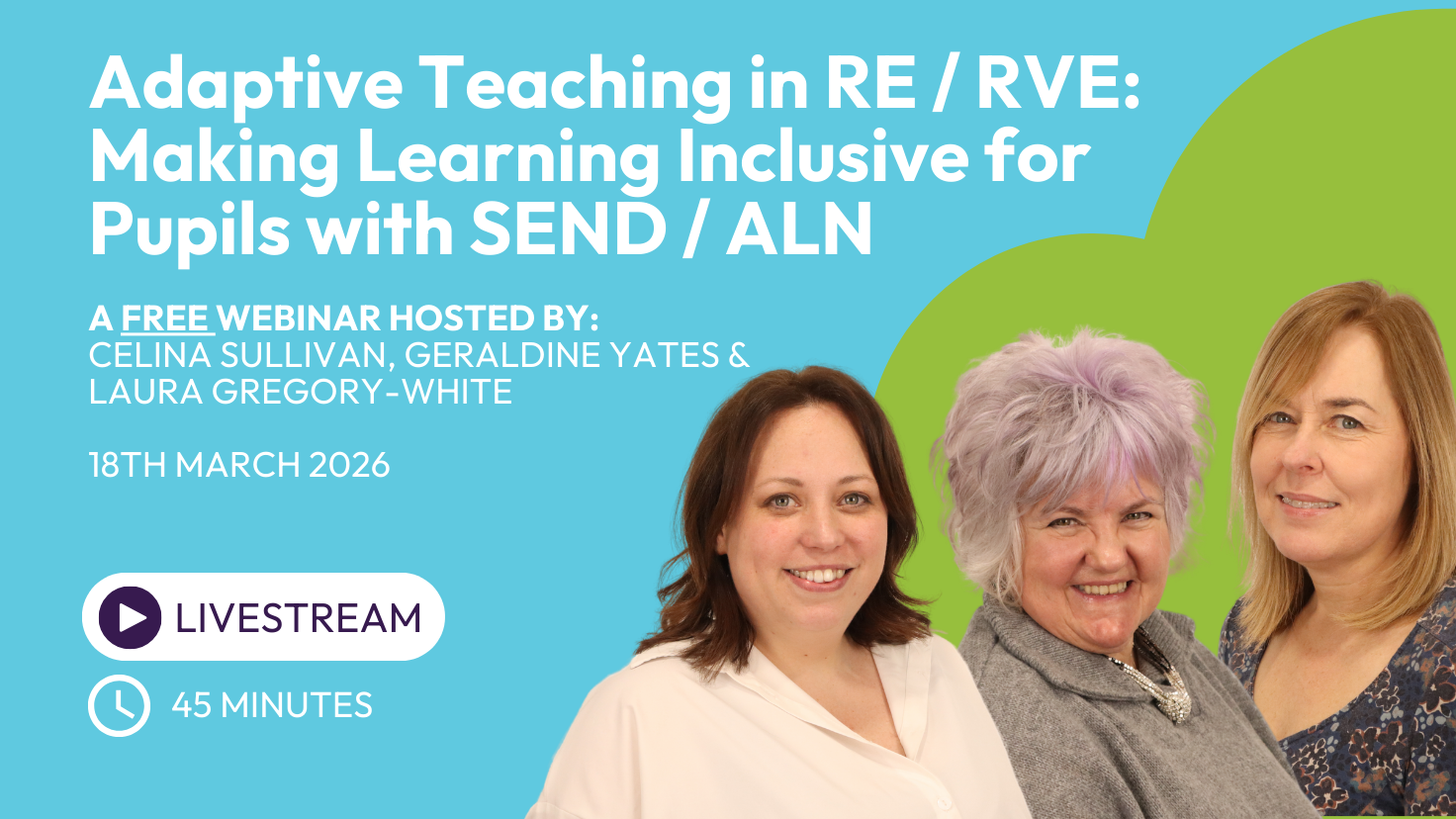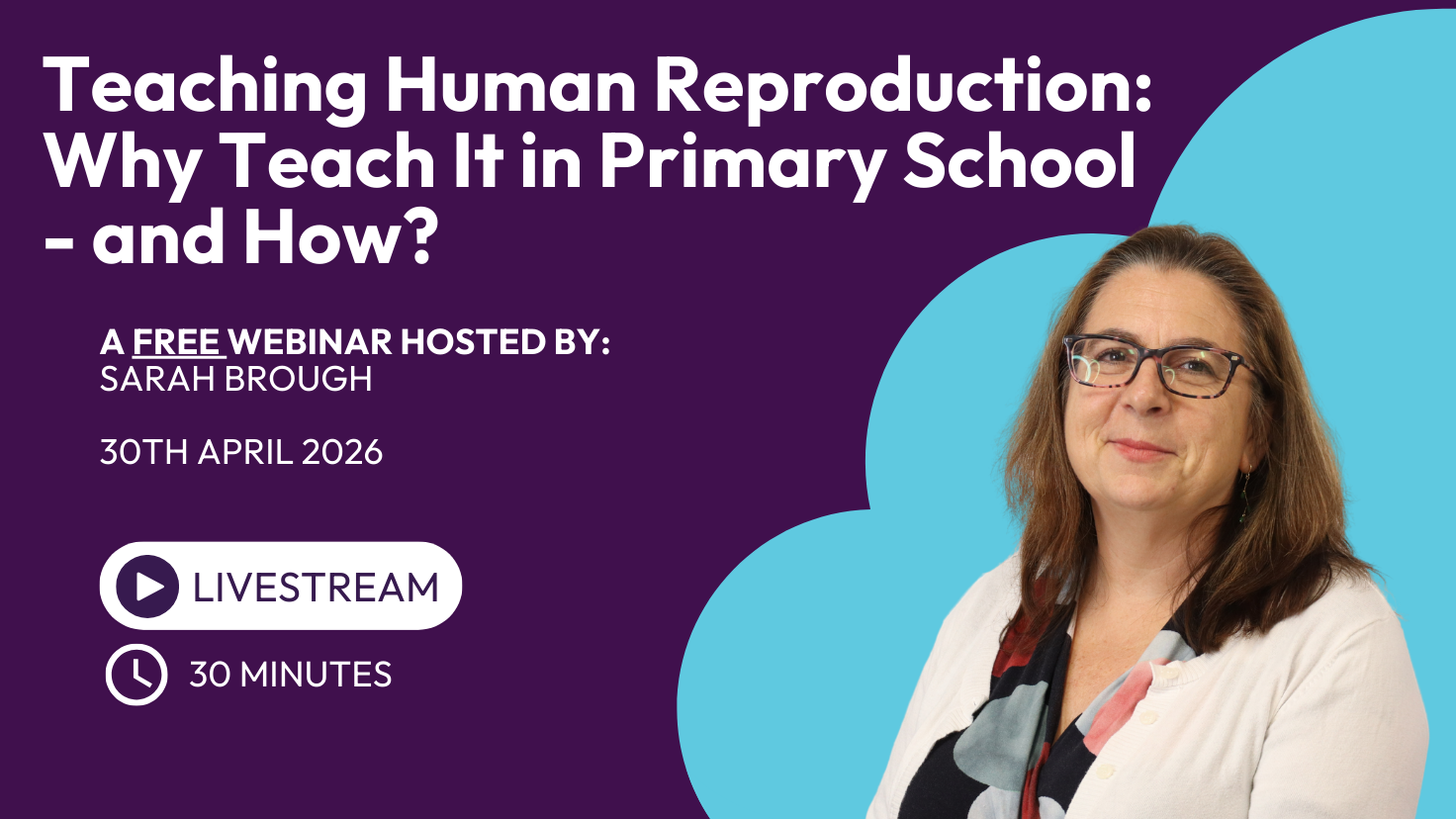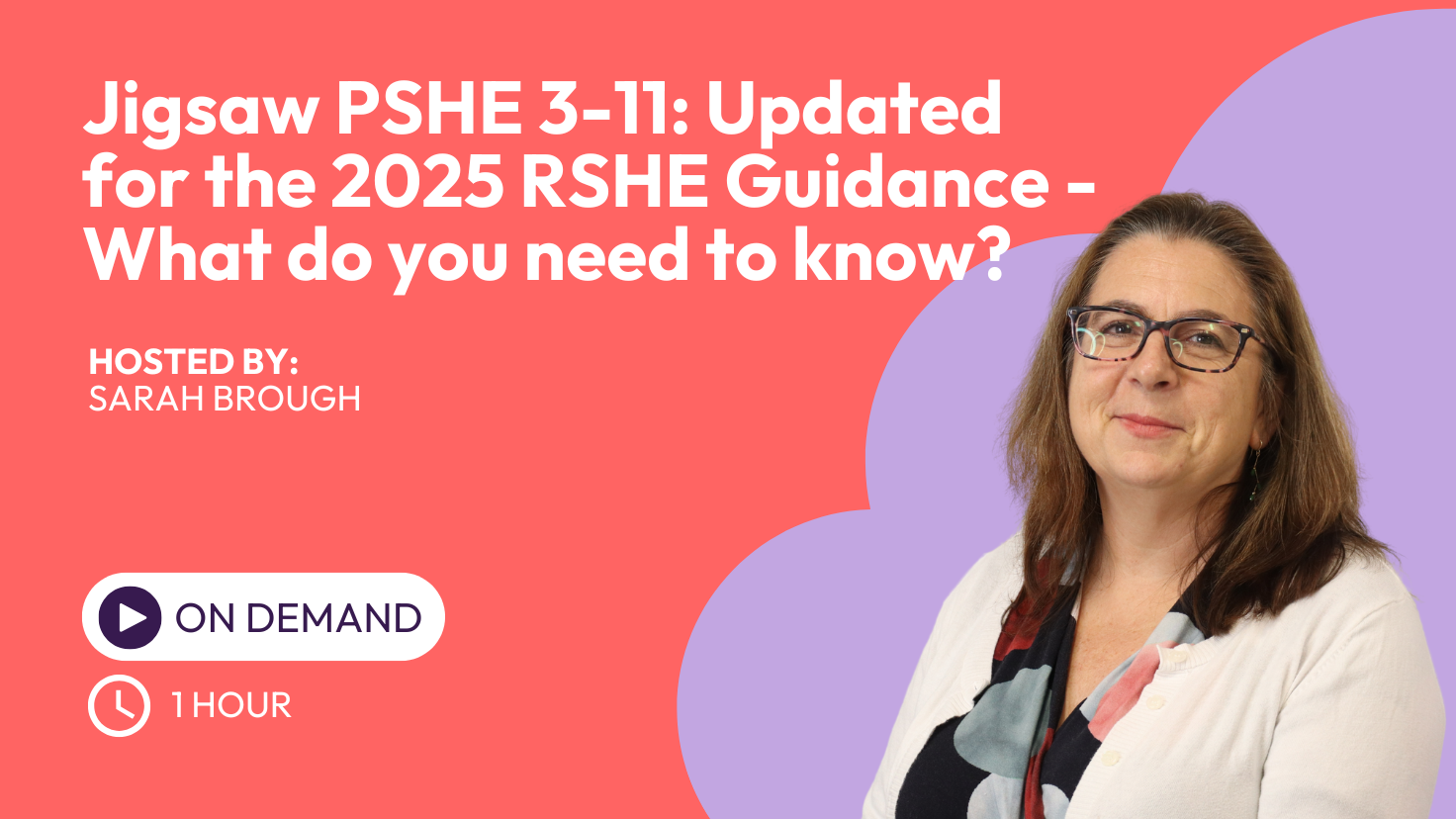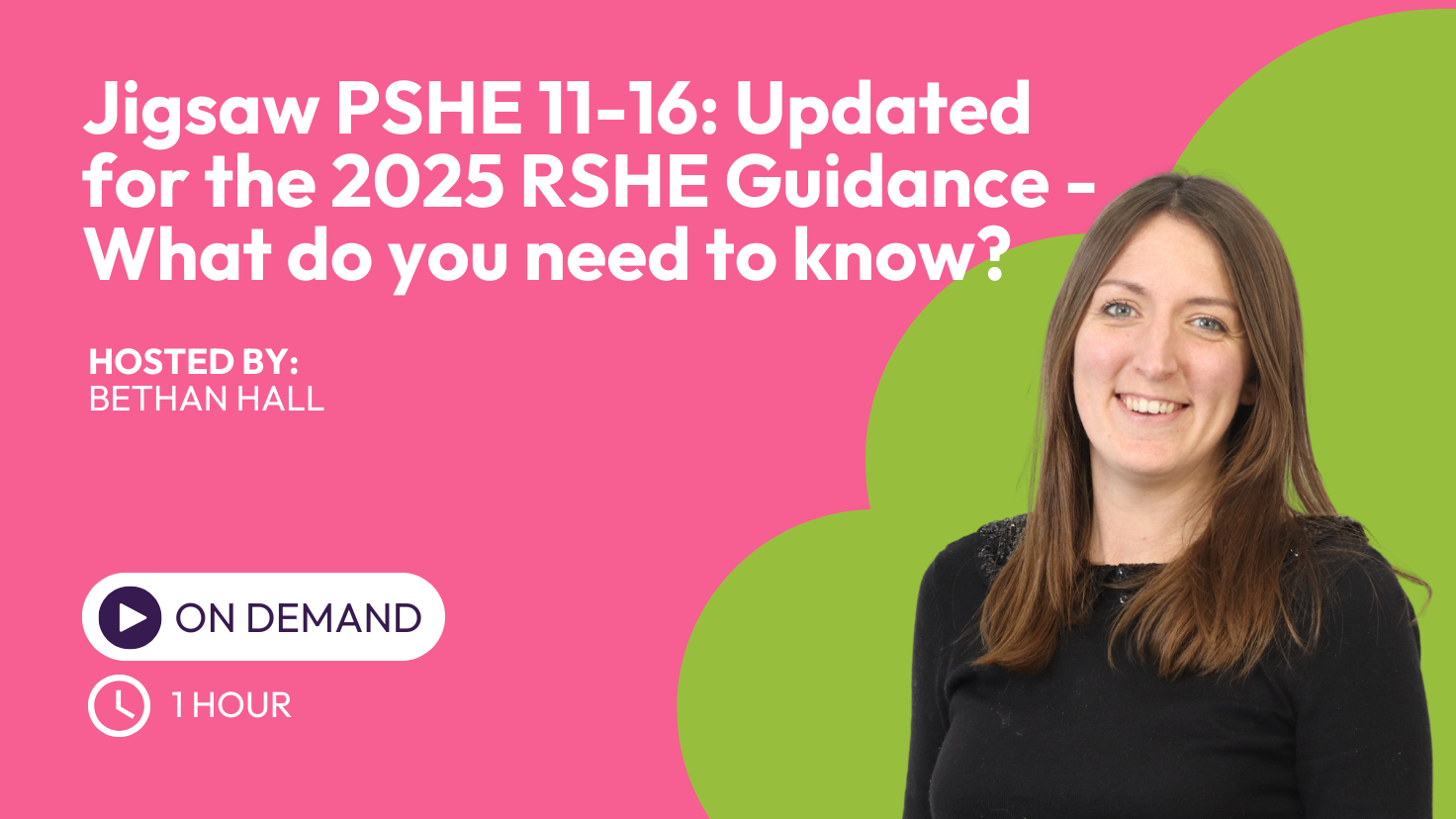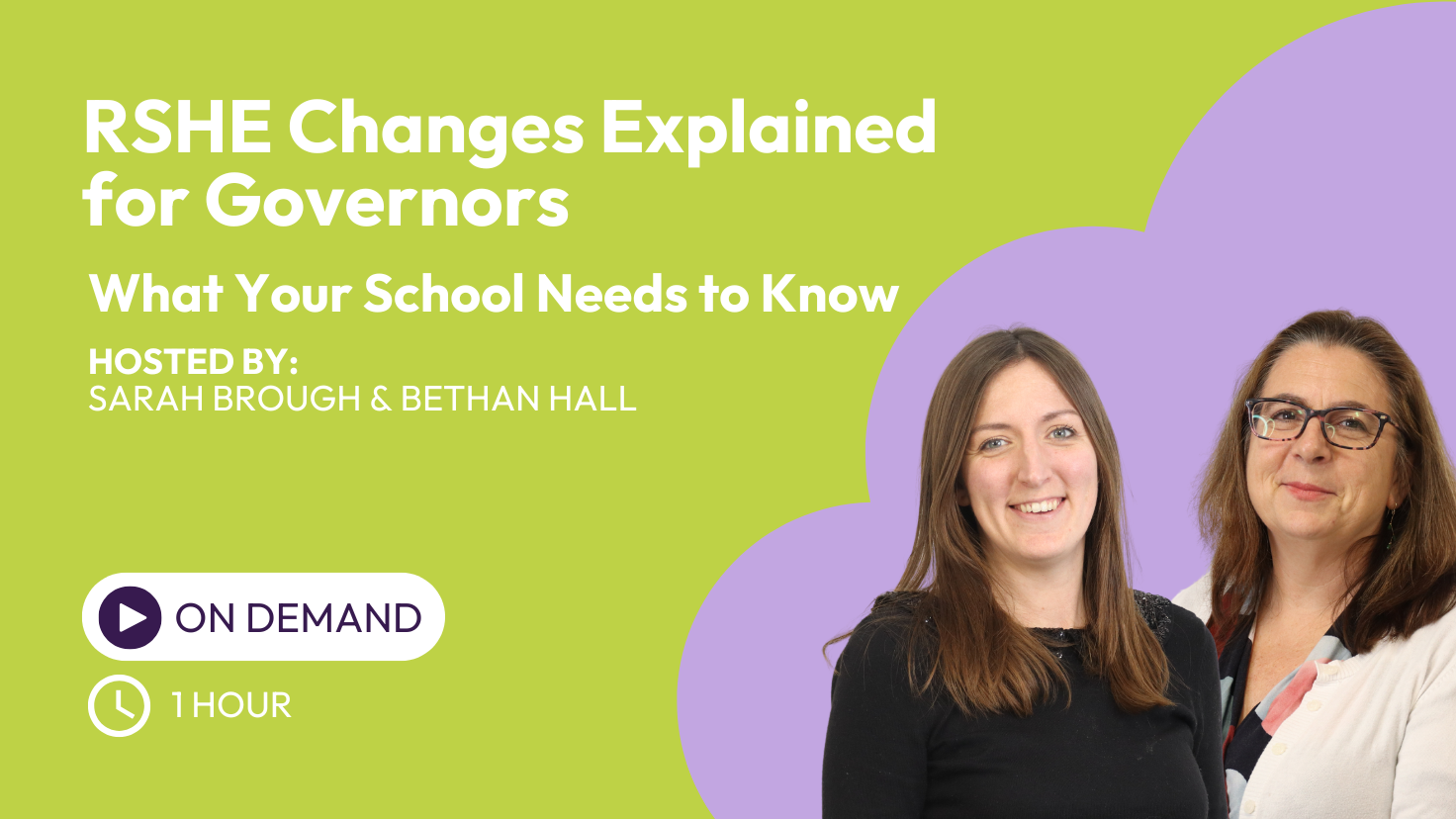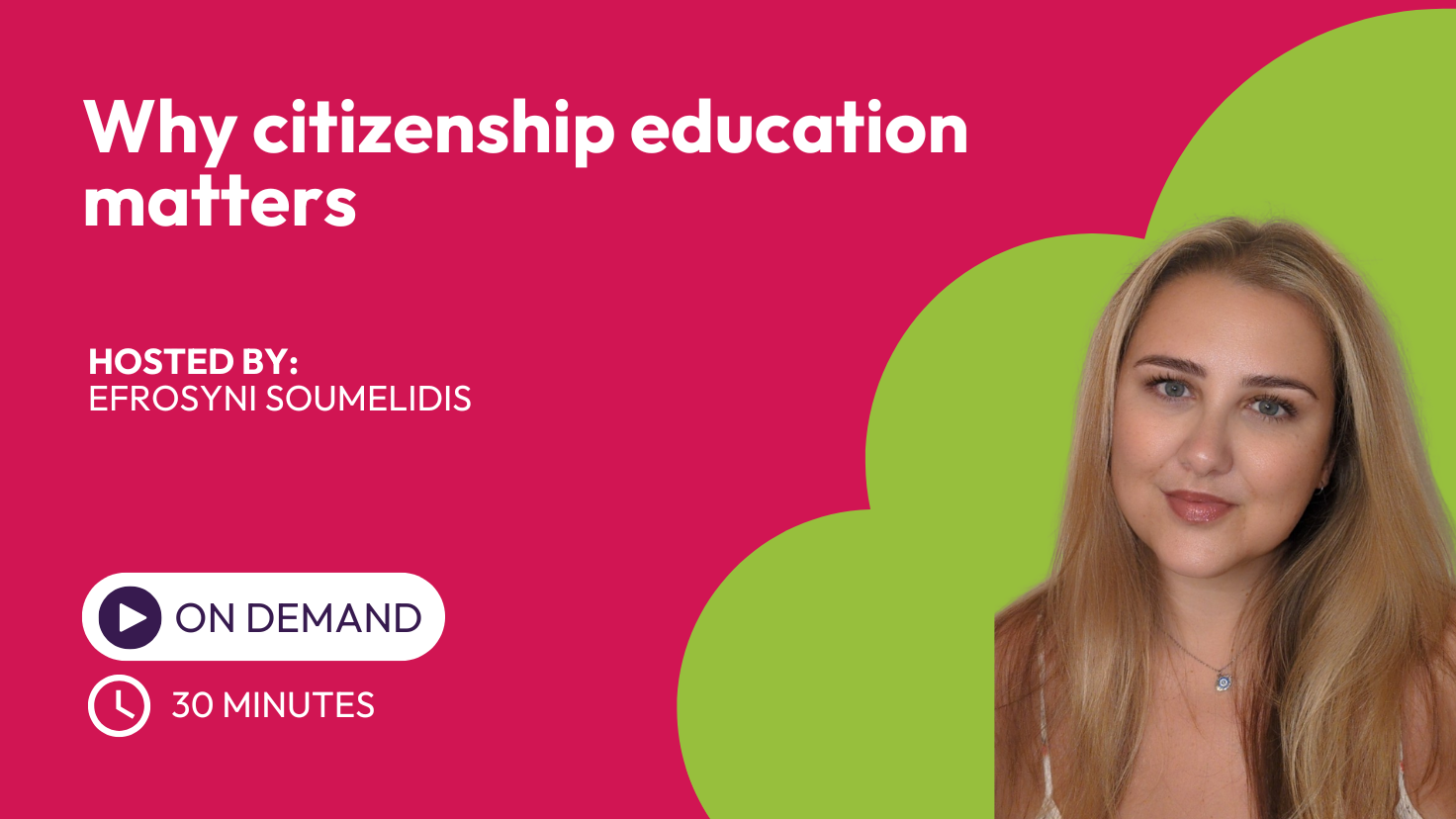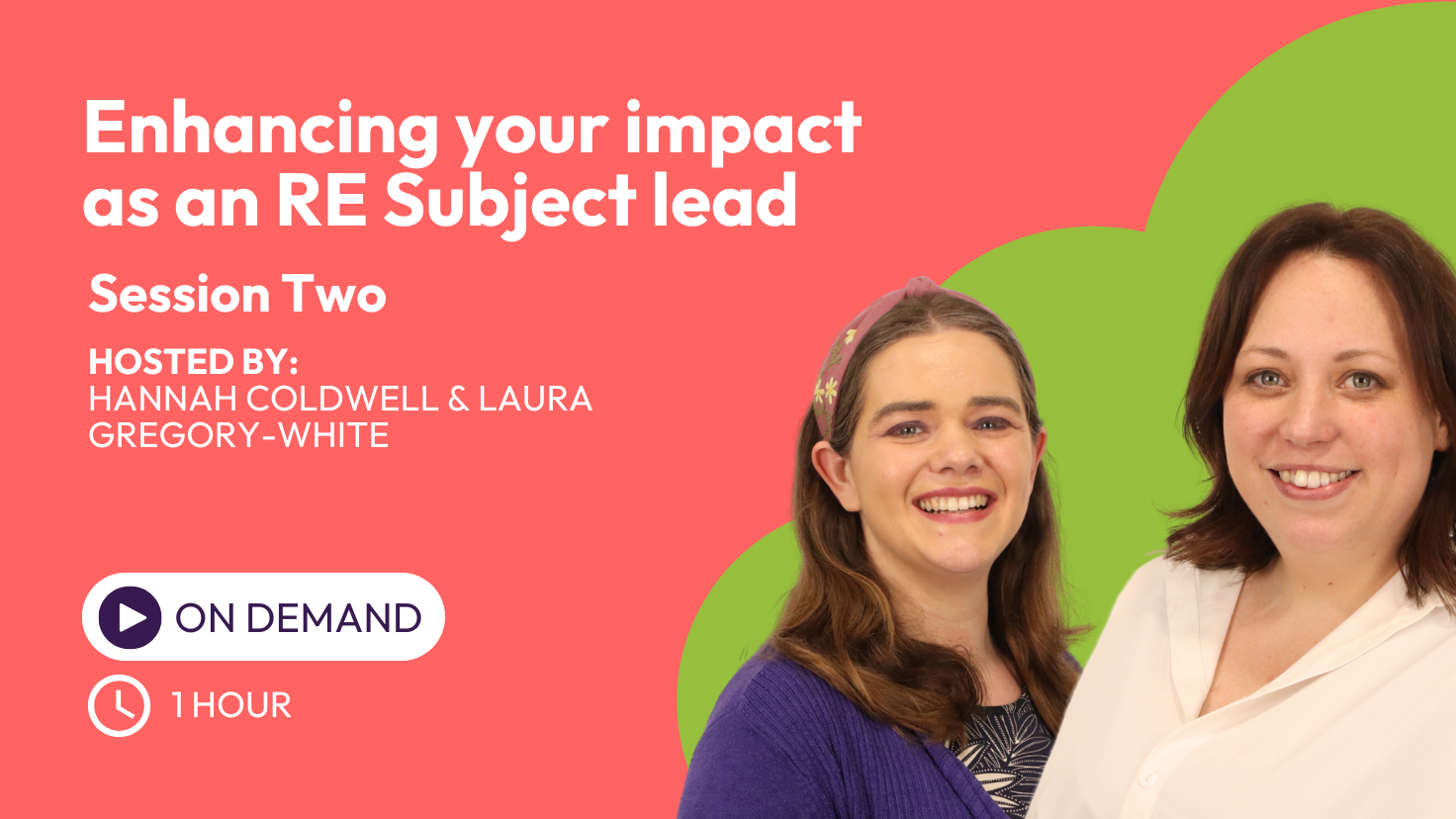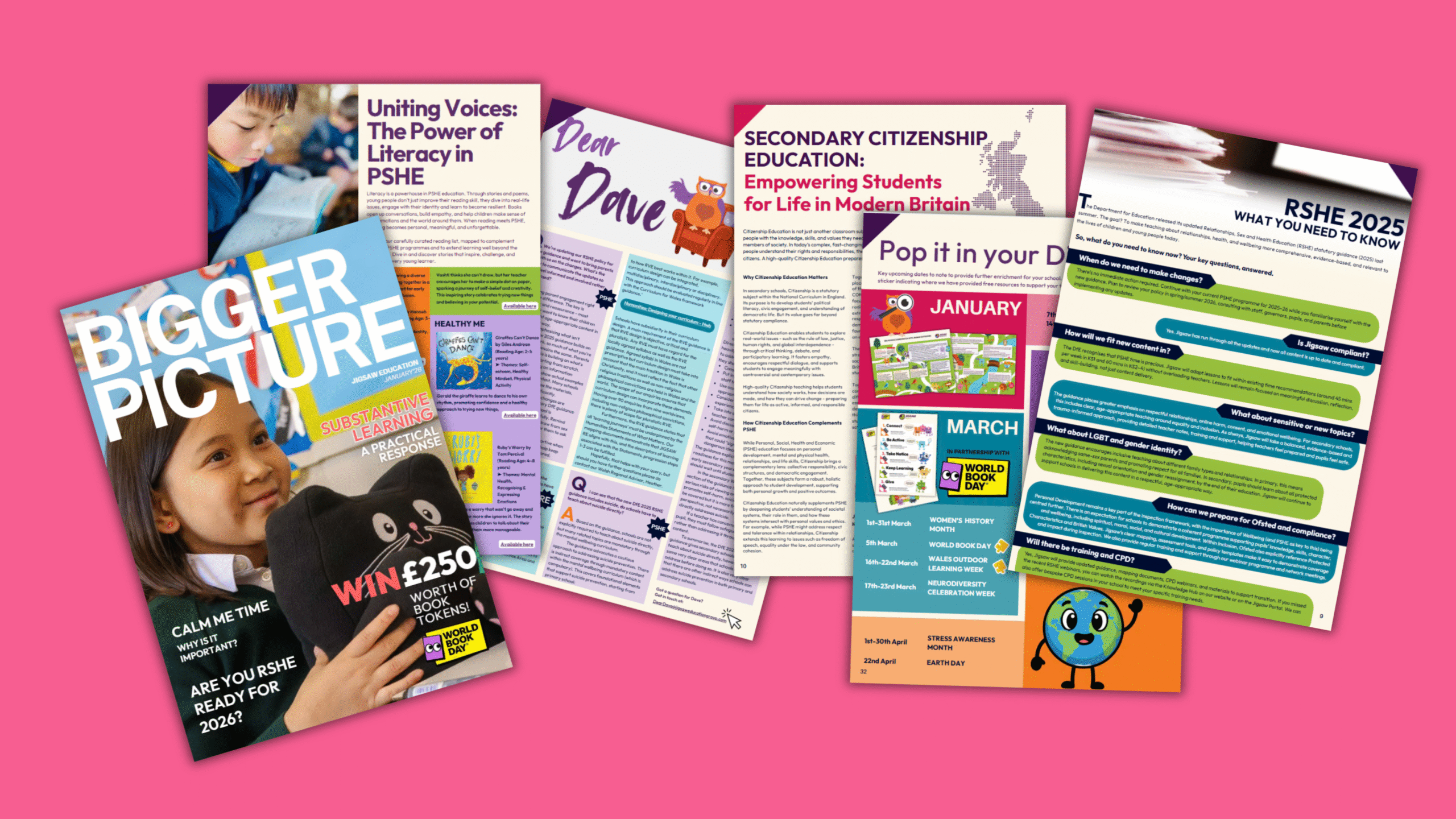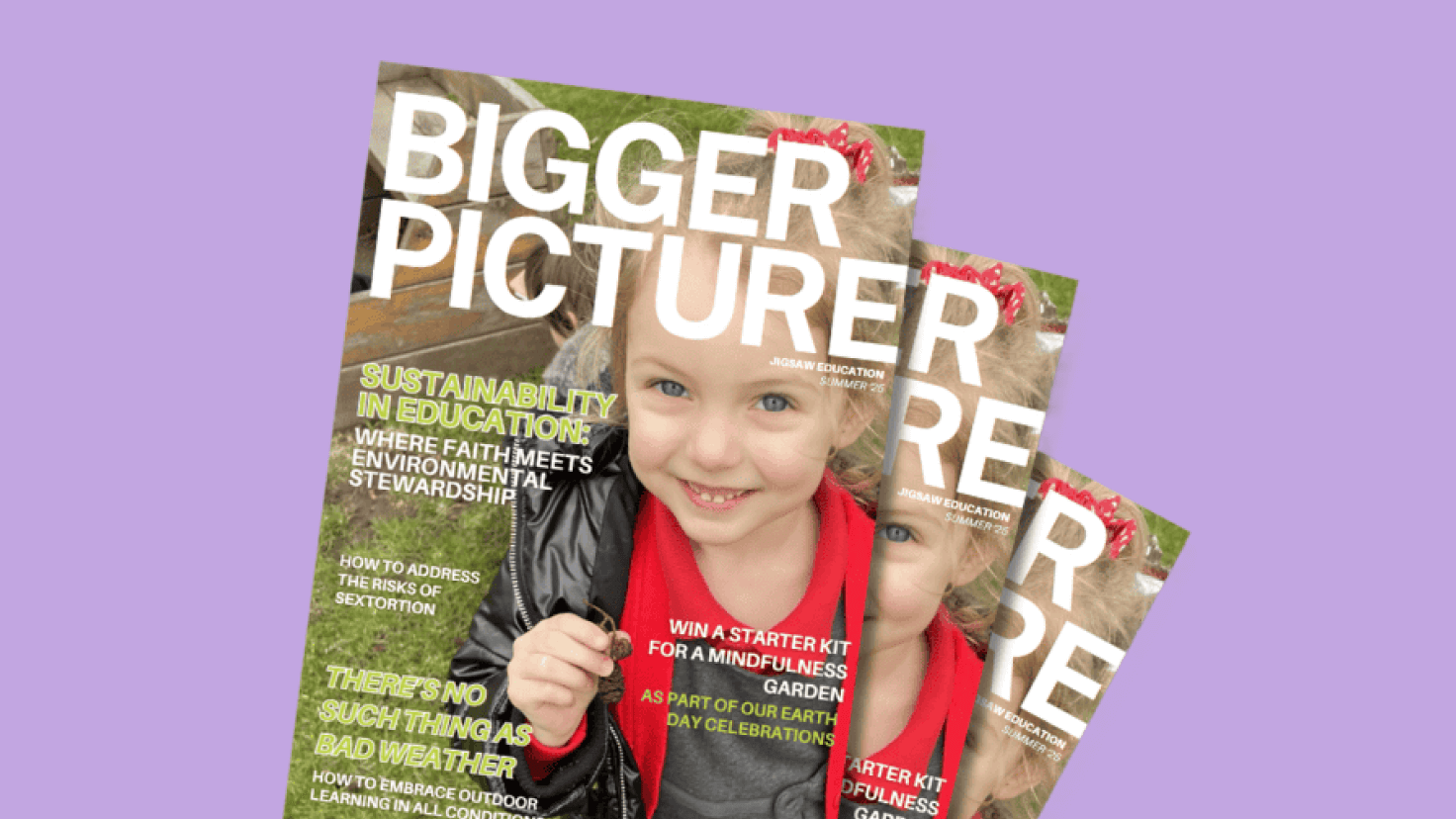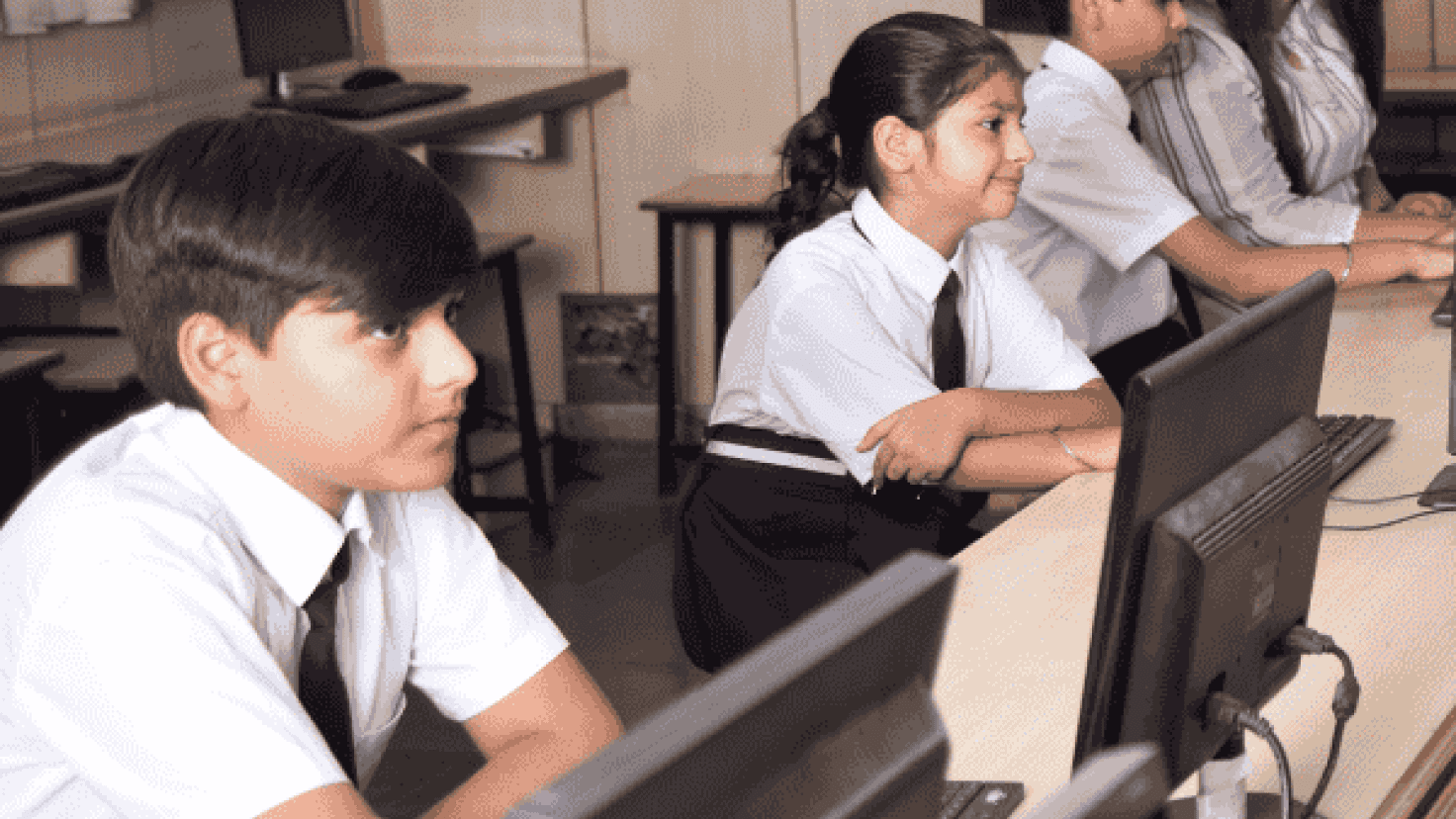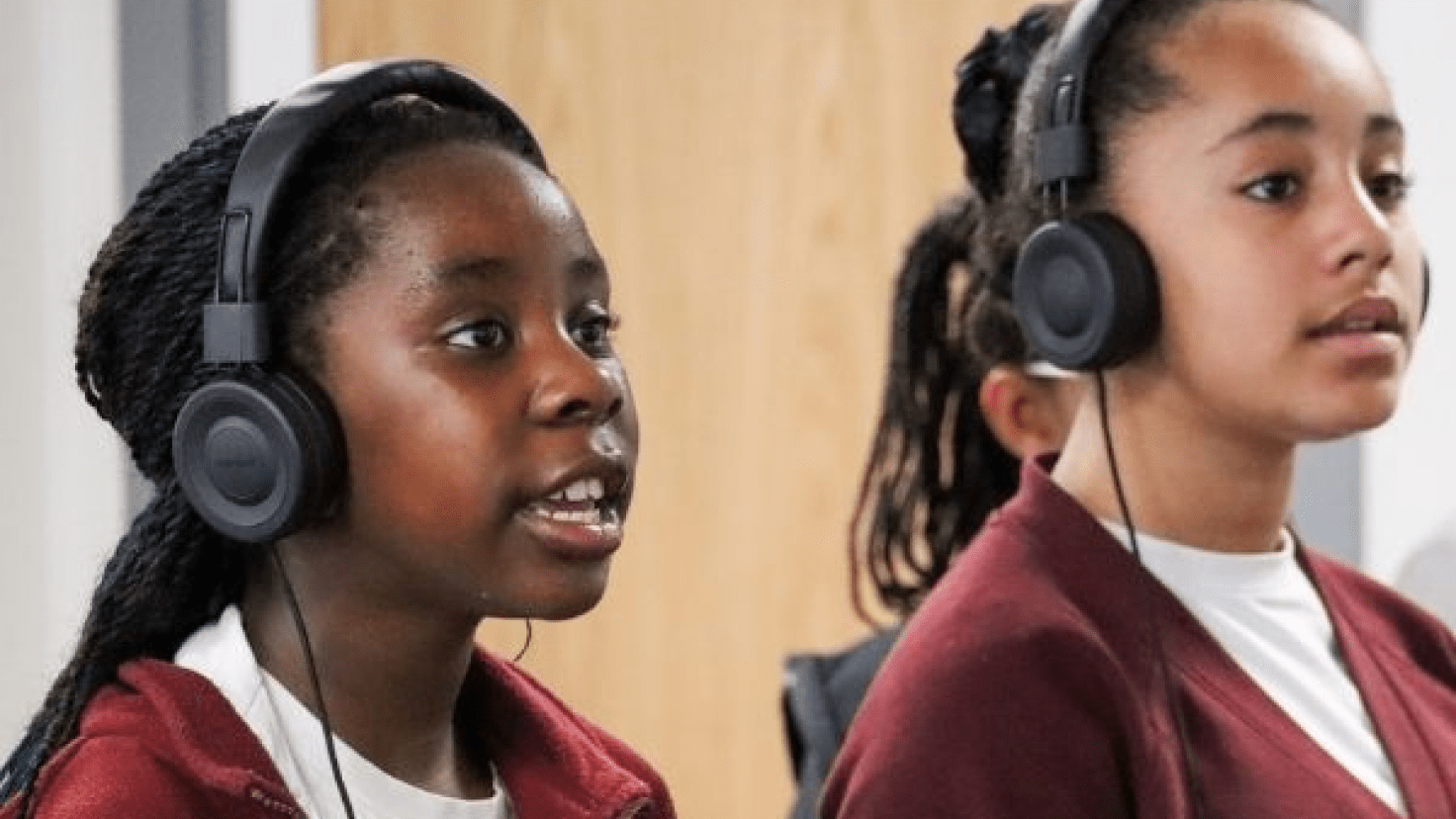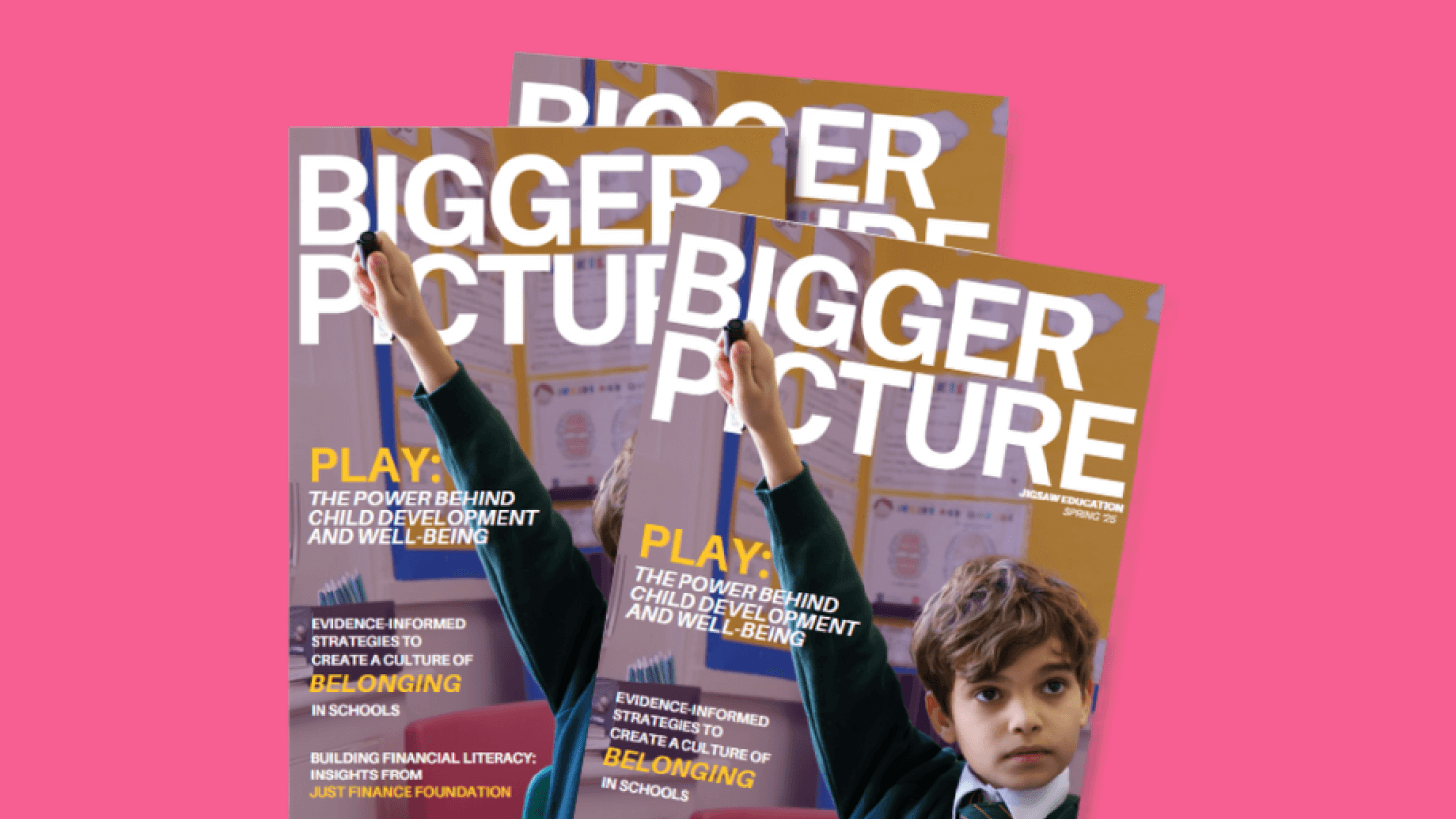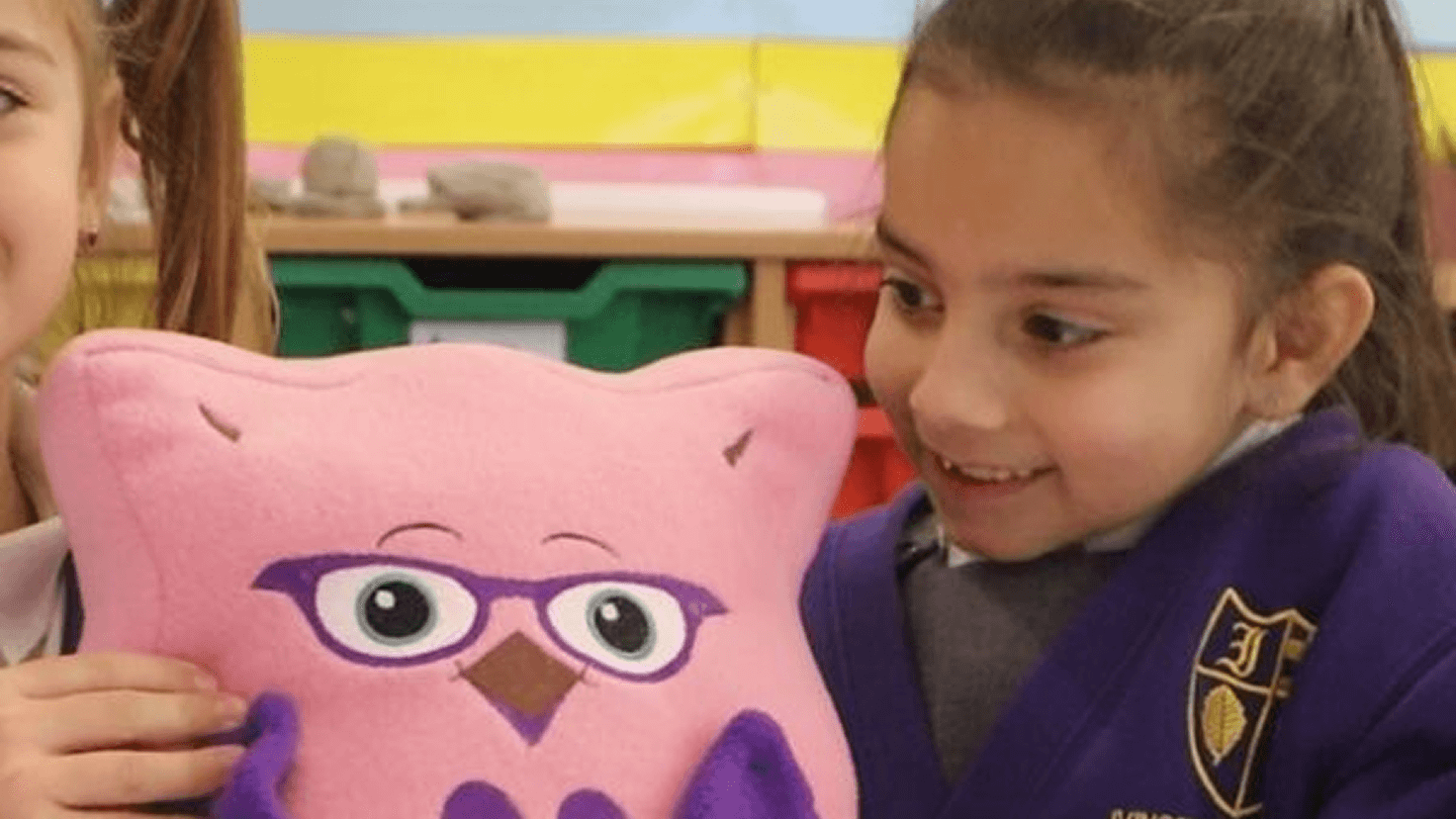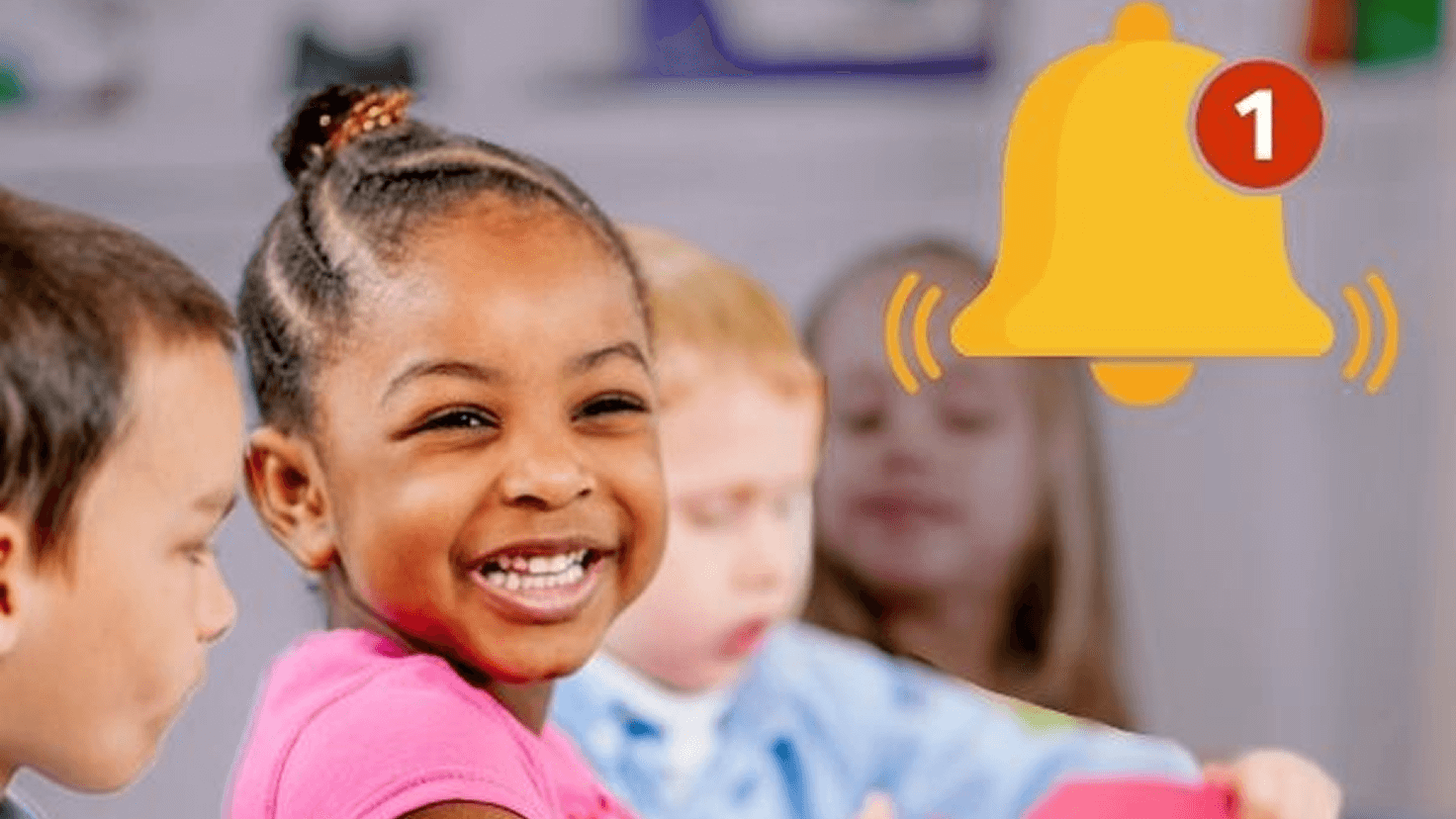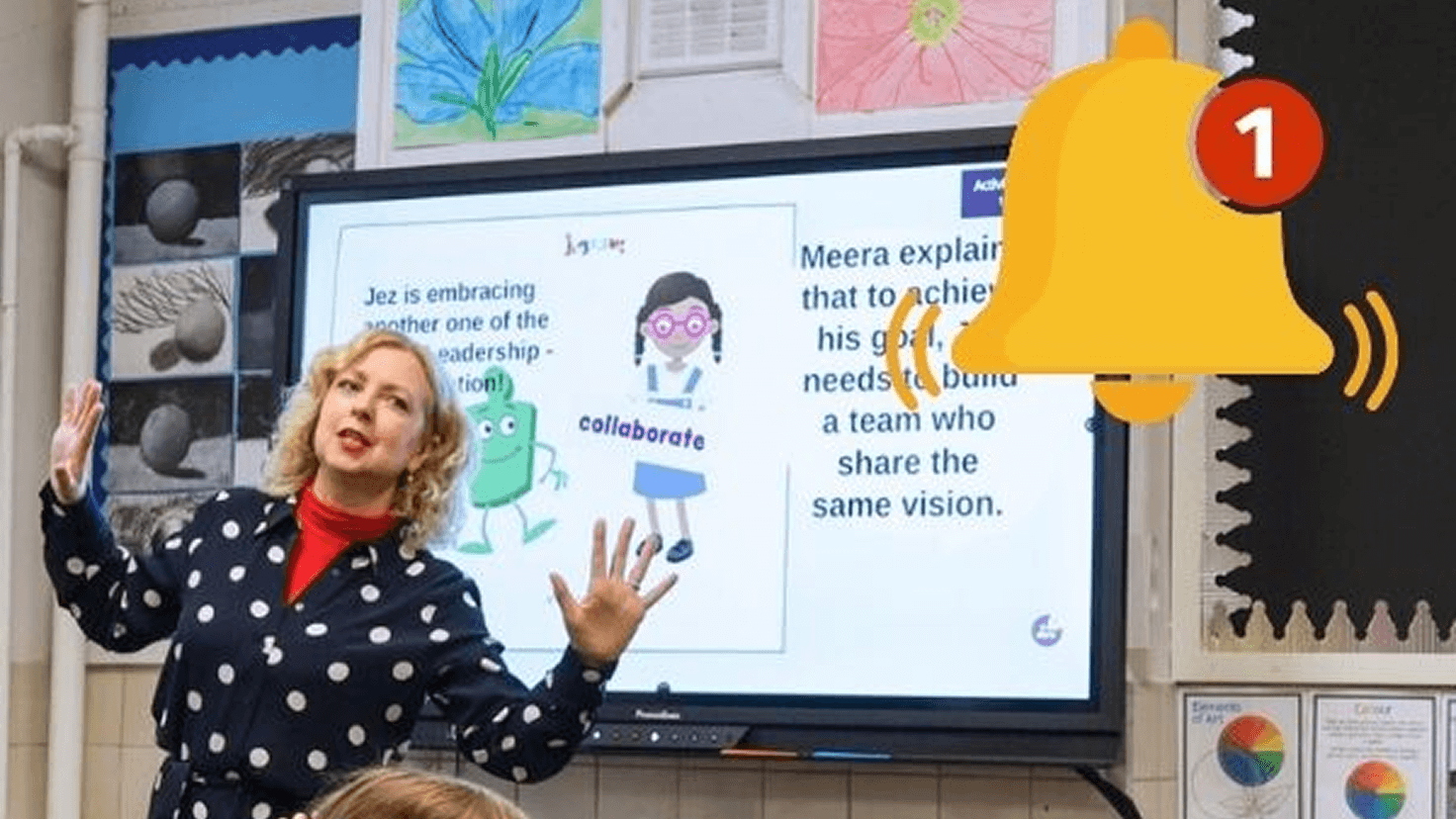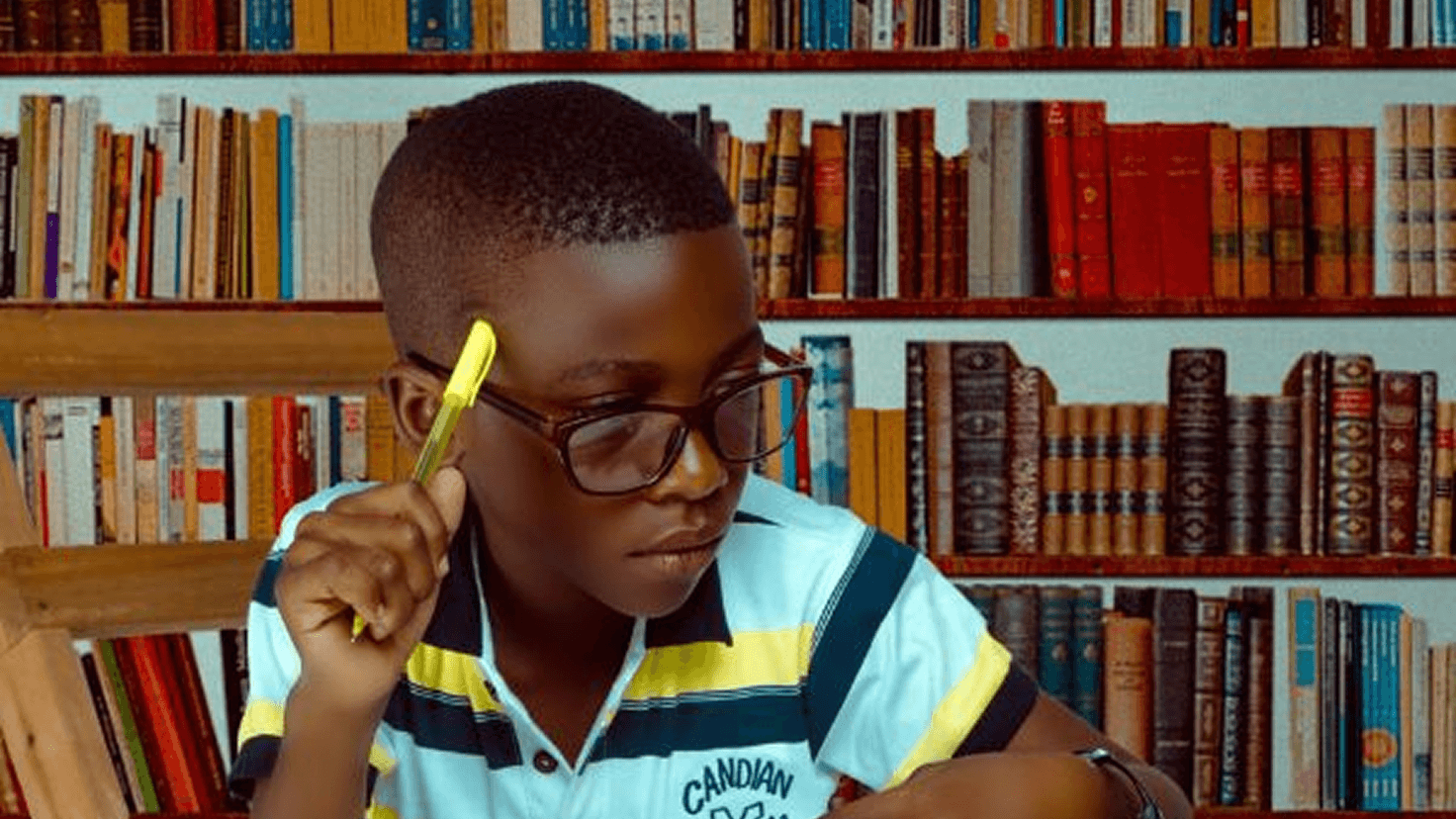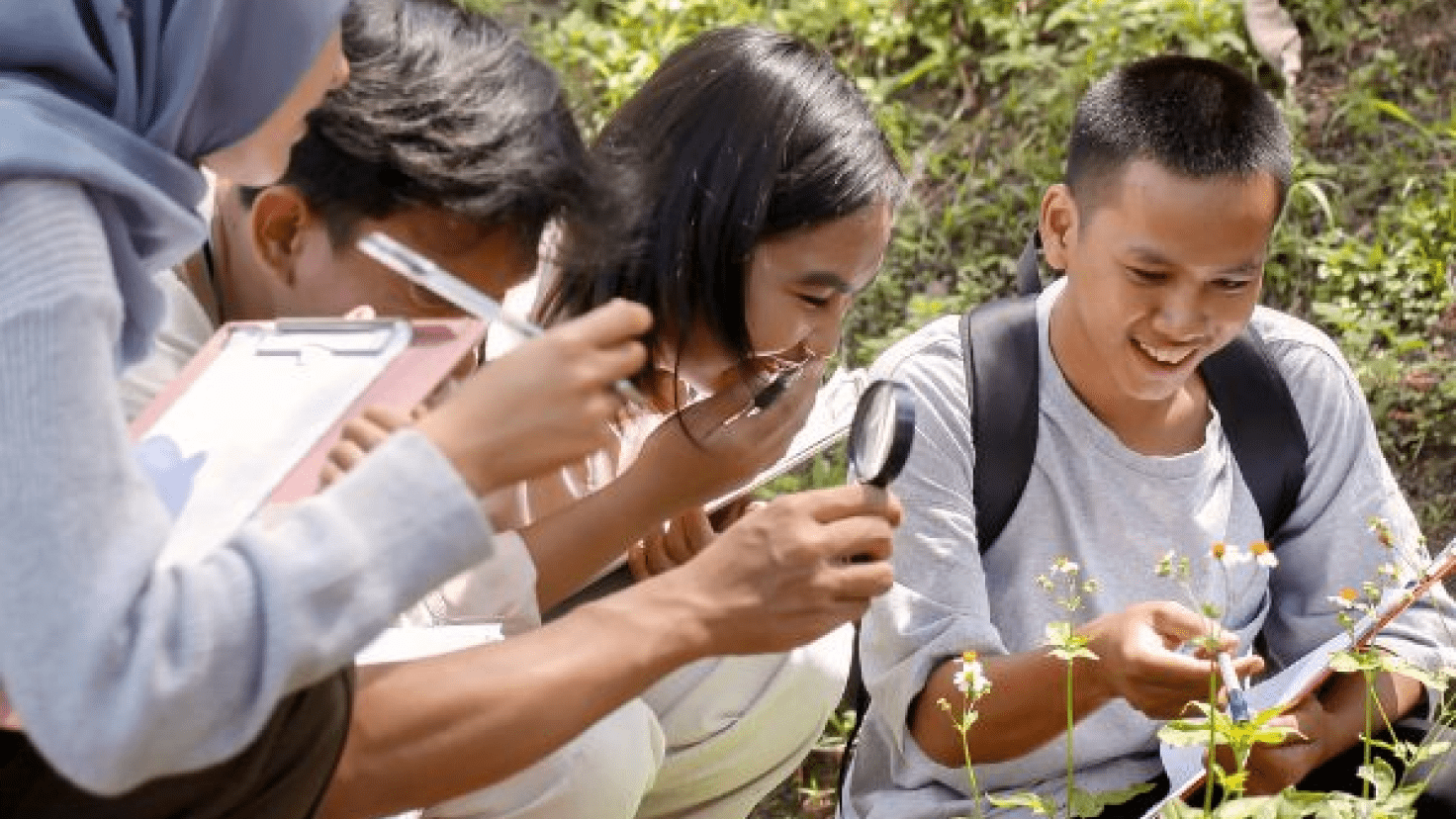Articles & Updates
16 July 2025
Update on Disciplinary Lenses Resources
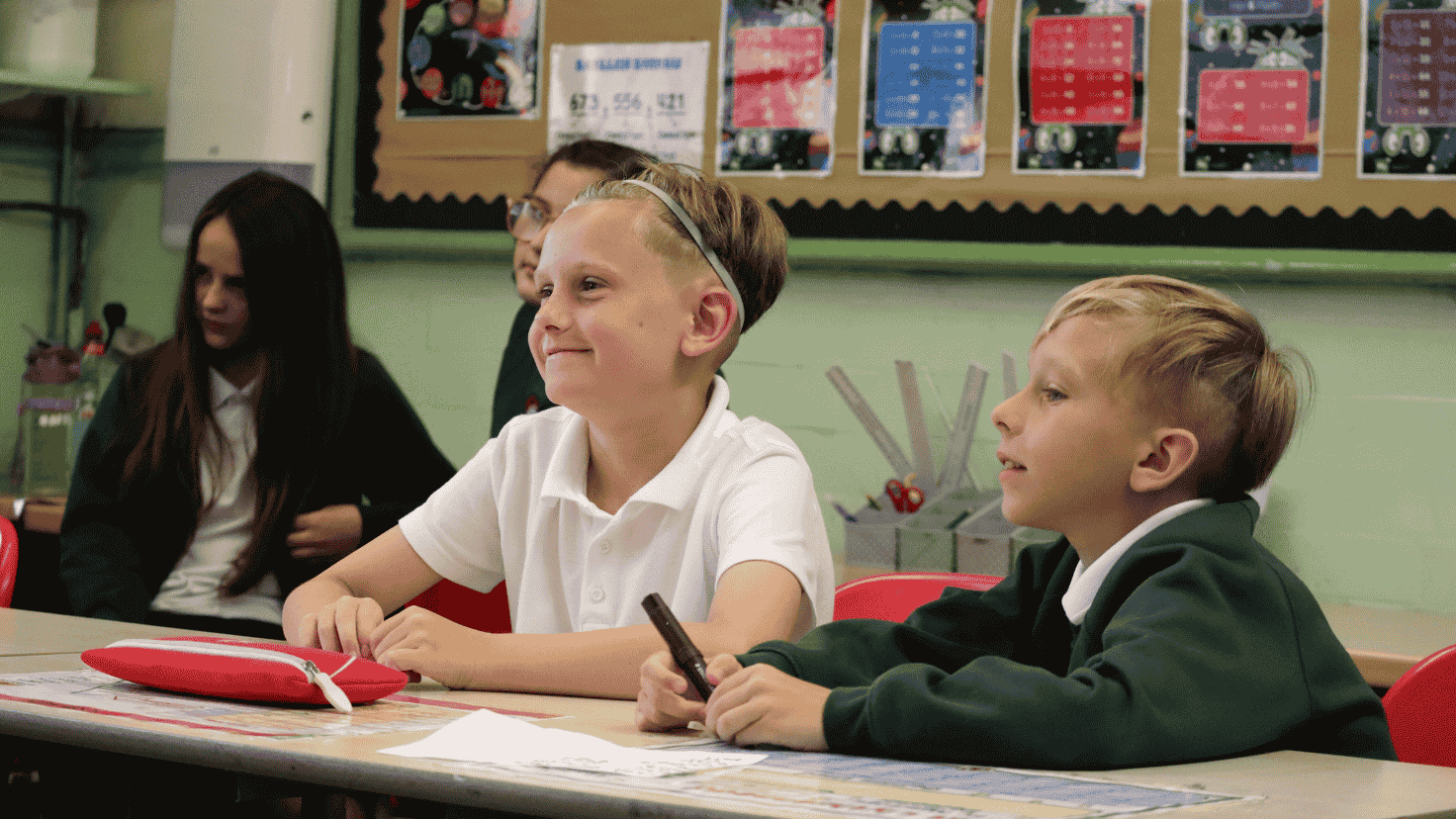
What are Disciplinary Lenses and how do they relate to Jigsaw RE?
These are provided for schools whose Locally Agreed Syllabus stipulates a disciplinary approach. Disciplinary knowledge in Religious Education refers to the different ways in which the substantive knowledge (or content) of a worldview can be presented, explored, and analysed to develop religious literacy. This can also be referred to as ‘disciplinary lenses’ and as ‘ways of knowing’ (2021 Ofsted Research Review for Religious Education).
Although there are many possible disciplinary lenses through which to view and explore worldviews, three are most commonly practised in the primary classroom: Theology, Philosophy and Human/Social Sciences.
Theology is about people’s beliefs, including belief God. This ‘way of knowing’ centres on the origins and key beliefs of a worldview, especially sacred texts and teachings. It can be used to explore different interpretations of stories from a worldview, including how these might have changed over time.

Philosophy is about curiosity, ‘big’ questions, and deep thinking. This ‘way of knowing’ can be asking ‘big’ questions about the meaning of life and how we make moral choices. It is also about exploring possible answers to these questions using reasoning and discussion to acknowledge diverse viewpoints and pupils’ own responses.

Human/Social Sciences is about how people put their beliefs into practice. This ‘way of knowing’ can include studying common practices of faith communities and individuals. It enables pupils to recognise the diversity of lived experiences within each worldview, exploring the context of the time and place in which followers are living.

These can be found under the ‘Getting Started’ Section on the portal: Jigsaw–Materials–Jigsaw RE–Getting Started-Disciplinary Lenses
These new resources are provided for schools whose Locally Agreed Syllabus stipulates a disciplinary approach. Disciplinary knowledge in Religious Education refers to the different ways in which the substantive knowledge (or content) of a worldview can be presented, explored, and analysed to develop religious literacy. This can also be referred to as ‘disciplinary lenses’ and as ‘ways of knowing’ (2021 Ofsted Research Review for Religious Education). Although there are many possible disciplinary lenses through which to view and explore worldviews, three are most commonly practised in the primary classroom: Theology, Philosophy and Human/Social Sciences.
All of our Jigsaw RE enquiries for ages 5-12 have been mapped lesson by lesson to the three disciplinary lenses of Theology, Philosophy and Human/Social Sciences. Symbols representing each of the lenses can be found on the Enquiry Map as part of each lesson’s overview. Where a single lesson includes learning which supports more than one lens, the lens that forms the main focus of the lesson has been selected.
An additional slide image has been created for each enquiry. For schools who choose to explicitly share disciplinary lenses with their children, these additional slides can be used to replace slide 2 in each lesson.
In lessons, teachers can use the disciplinary map on the slide alongside these poster resources to share disciplinary lenses with their class.
There is also a PDF for printing onto sheets of blank labels to create your own Reward Stickers to award to children.







